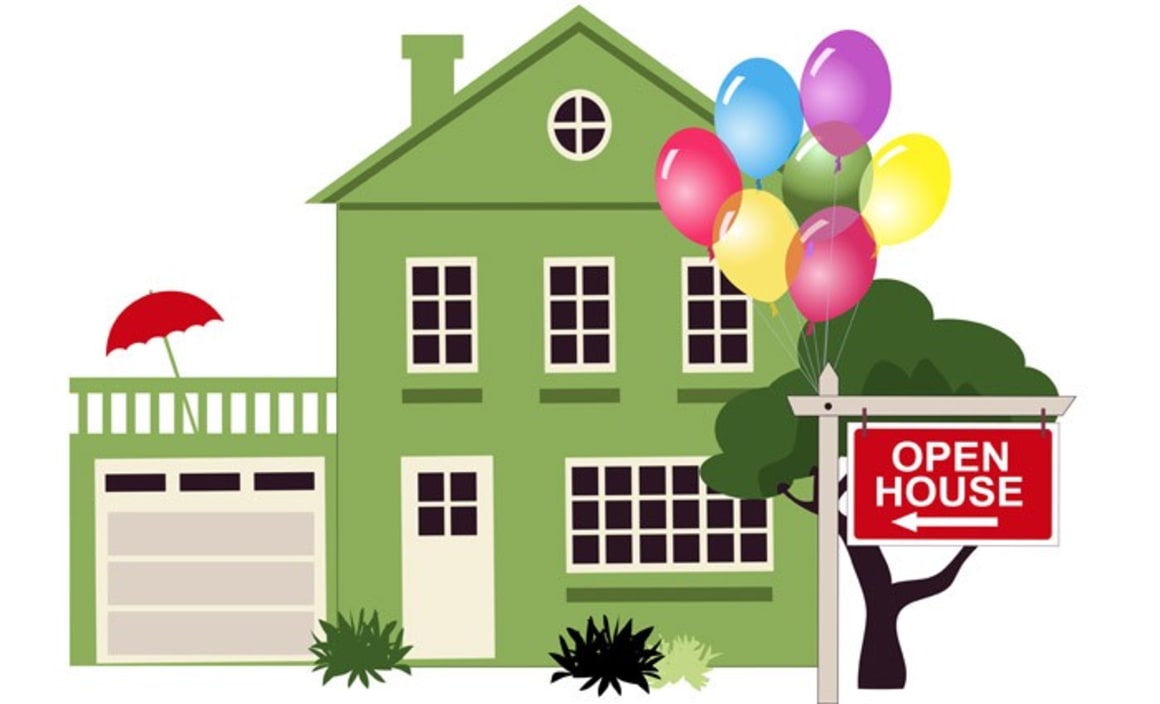The steps you should take before even thinking about the open for inspection

Attending open homes is one of the most fun parts of buying a property.
You get to walk through a house, imagining how you'd decorate and what your future will look like when you live there - and of course, you get to have a stickybeak in someone else's home.
Unfortunately, there's a good deal more to buying a home than just walking through one. Before you get carried away, there are several (significantly less fun) steps you should take to ensure you are financially and mentally prepared to buy a house.
By taking these steps before you start attending open homes, you can save yourself from an emotional purchase, setting you up for a sound investment.
Before you go to an open home:
Find out your borrowing capacity
There's only one way to figure out what kind of property you can afford - find out your borrowing capacity. If you have some money for a deposit saved up, this should make up at least 10% of the total value of your prospective home. If you put down less than 20% of a property's value for a deposit, you'll likely have to pay lenders mortgage insurance.
Make sure that you don't equate your total savings with the amount you can afford to deposit on a home. You should always keep some amount of savings as a buffer, in case you lose your job, get sick or face an unexpected expense.
Calculate your potential loan repayments
It's temping to believe that just because you've saved for a deposit, you can afford to buy a house. However, if it's taken you 10 years to scrape together enough money for a deposit, it may not be likely that you'll be able to afford your mortgage repayments.
There are plenty of mortgage repayment calculators online - lenders generally provide them to give you an idea of what you can expect to pay each month.
Draw up a budget
The only way to know what you can afford is to come up with a budget detailing your monthly expenses, probably repayments and extra property related costs like rates and bills. Some people are happy to have a vague mental budget, but remember - you can't skip a mortgage repayment the way you might skip depositing some money into your savings account.
Come up with a strategy
Once you have an idea of what you can afford, think about your investment strategy. Are you buying a house to live in for the next decade, or are you planning to live there for a year and then rent it out? Is it important to you to purchase in an area with strong capital growth potential, or would you rather be close to your parents as you raise a family?
Lofty dreams and aspirations are all good, but it's important to set aside some time to think about your goals and how you want to achieve them. If you're interested in developing a property portfolio, speak to friends and family members who have done the same. There are also plenty of property advisers who can give you some advice (which, of course, you'll consider in relation to a lot of other information) about investing in property.
If you're just sick of renting or living with mum but don't think property investment is something you'll want to dedicate a lot of your time to in the future, you may want something different from someone who is hoping to purchase property one of 15.
Take a long view, but leave in some room for spontaneity - you can't predict everything.
Research, research, research
Now that you have your budget and know why you want to buy property, you can start thinking about where you would like to buy. To get an idea of what you can afford, start by looking at the median price of houses or units in your area of choice.
To get more specific, you can look at recently sold properties in that area to see how much, say, a two bedroom townhouse sold for in the past two months.
While researching, you might find that you can't afford a property in your ideal suburb, and will have to move further out. Don't get disheartened - you can still keep an eye out for bargains in your dream neighbourhood while checking out the prospects 2 kilometres down the road.
When you're choosing suburbs to consider, keep in mind the price of properties in the area, its distance to your work or the nearest employment hub and local amenities. It's temping to buy in a suburb with pretty heritage terraces and your favourite restaurant, but available transport, schools, jobs and population growth may be a little more important.
Once you've done all that and have started walking through homes that are open for inspection, the research, strategy and budgeting process isn't over.
While you look for your first home (or your second, or fifth), you'll find that your priorities shifting and limits tested. Suddenly, things that seemed like dealbreakers are acceptable, or vice versa. So remember, even once you get to start having a good stickybeak in other people's homes, you should be revisiting your property strategy.